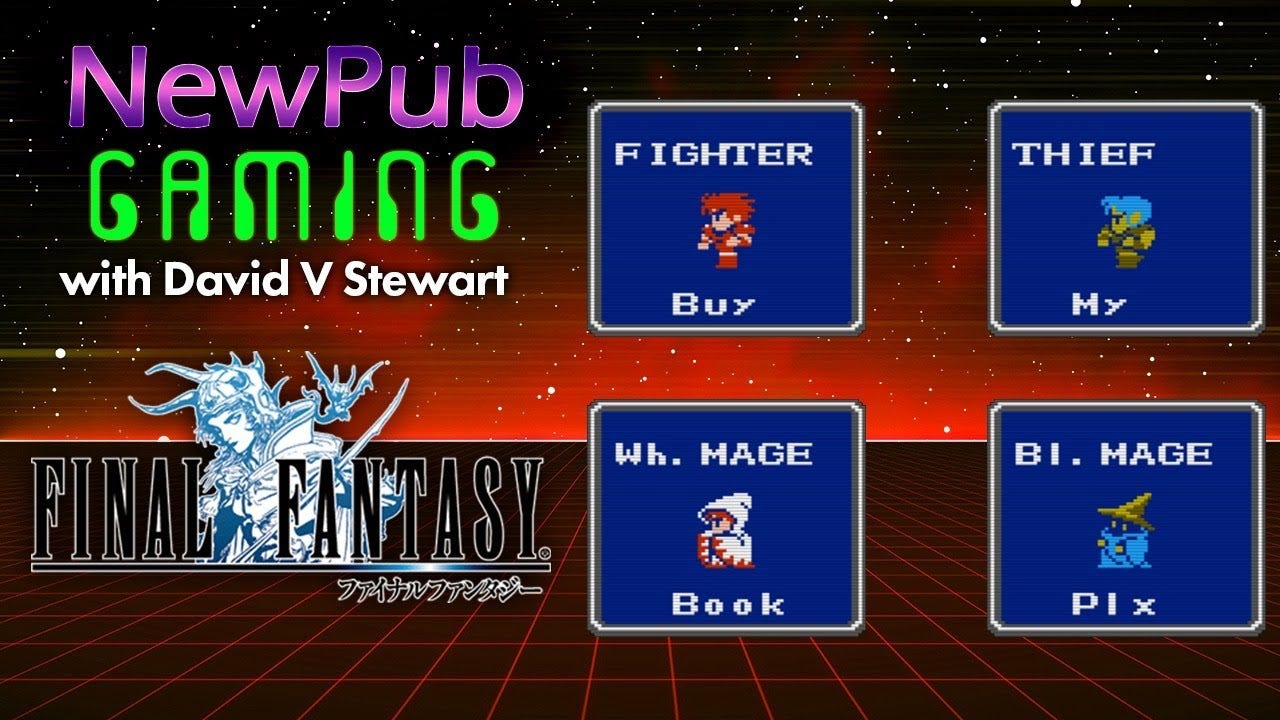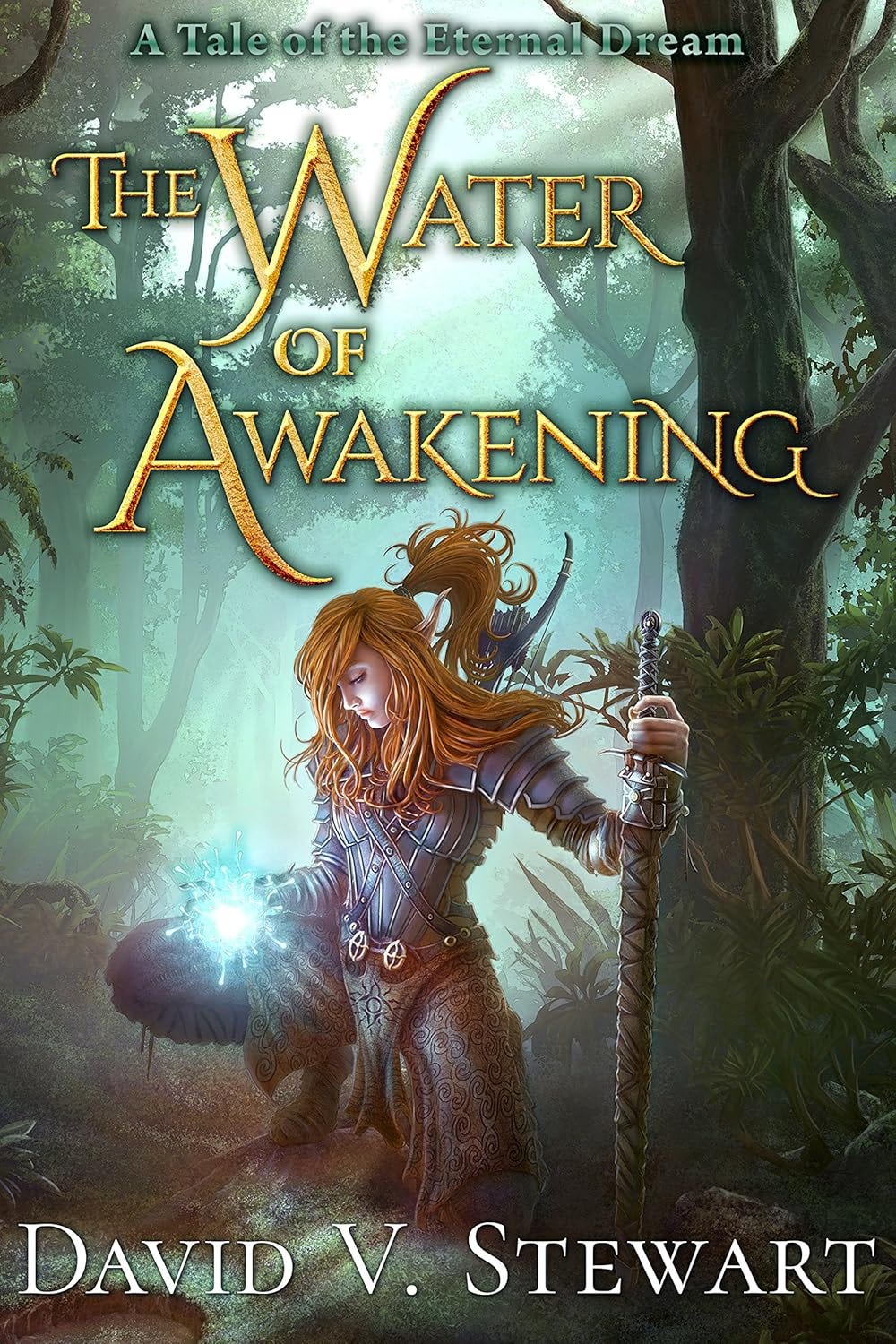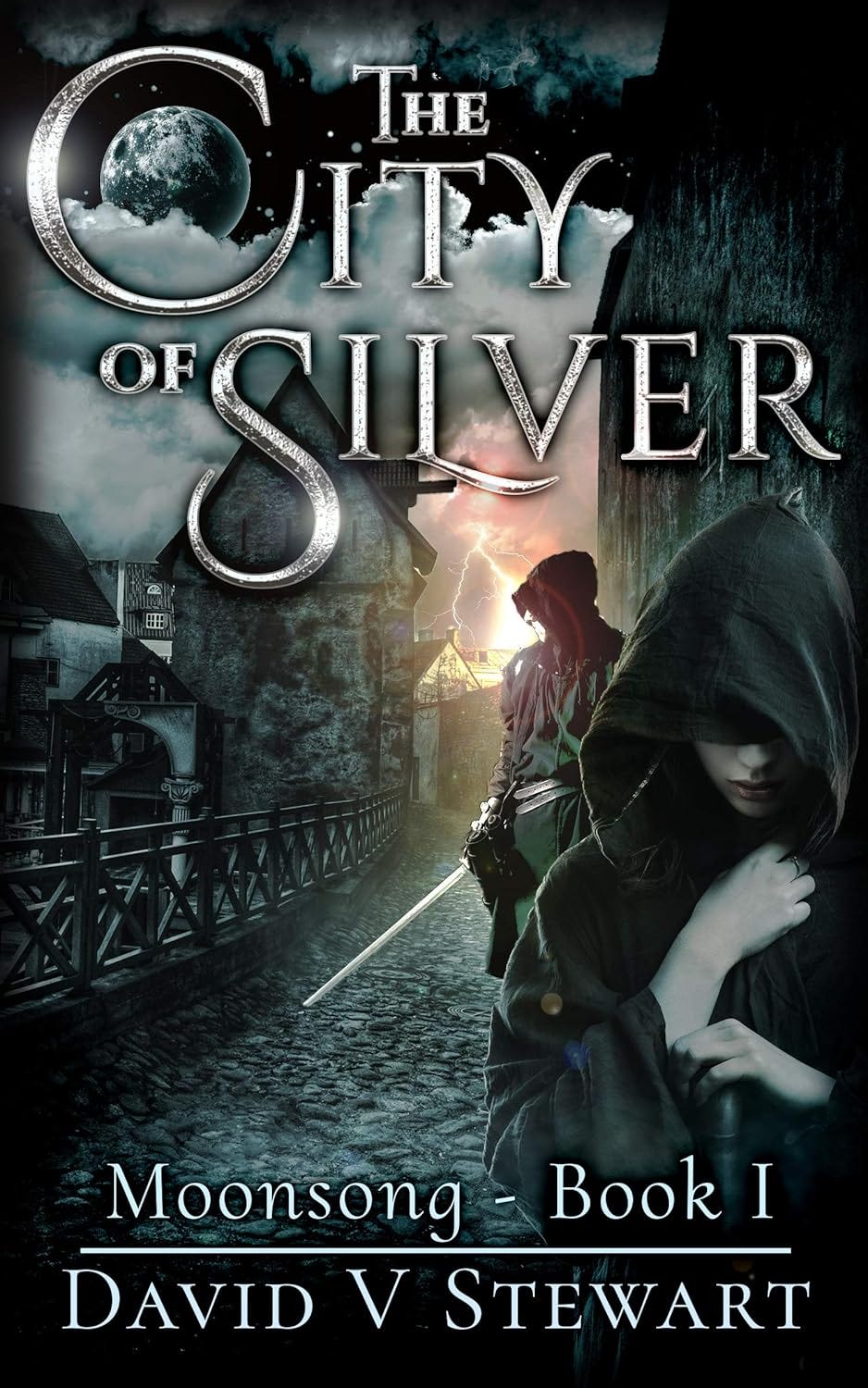Have you backed the King Leper campaign and reserved your hardback or ebook yet? It’s 200% funded!
The original Final Fantasy was released on the Famicom (NES) in 1987. If you are wondering why there are so many Final games, the establishment of the series was an accident. Hironobu Sakaguchi was planning on making one last game as Square was in trouble, and it became an unexpected hit.
I streamed the original North American NES version of the game (released in 1990) live on my YouTube channel some years ago, and I think, all these years later, the experience still holds up. The game has been remade and re-released in several forms since then, and while I appreciate some of those versions, I think the NES game is special. Besides all of the ports there is one very strange remake, and that is Ninja Theory’s Stranger of Paradise: Final Fantasy Origin. That one deserves its own article, as it is both great and bizarre in its relationship to the original game.
The original sprite graphics are special, along with the first version of the NES soundtrack, which uses the additive synthesis of the unique NES hardware. Modern ports end up sounding like cheap MIDI Soundblaster versions with tons of reverb. Playing on a CRT, I think, produces a better aesthetic effect than the high color-upscaled and reworked sprites of many later ports. Though I do think the pixel remaster from a few years ago looks better than, for example, the iOS version (which I have), I think the old-school effect is more pleasing.
The NES version does have its downsides, however. There are many bugs, including bugged spell effects that never work, and limited character space in the translation makes for some awkward and confusing dialogue. Most of this has been improved with the various remakes, but to be honest, the story of the original game is not its strong point. This was the 1980s, so story-heavy games were still evolving, and the story of most games was found in the instruction manual, if at all. For most games, this suffices since the point of the game is to play a game. Walking to the right and killing enemies in your way was the point, and the story was just a reference frame to give the action meaning.
Final Fantasy’s story is thus born out of early gaming in general and loosely inspired by and referential of table-top RPGs (whose point was not, contrary to current paradigms, about the story). The player gets to choose the class makeup of his party, and there are many viable combinations (including four monks if you want to try something both fast and wild), just like in DnD. The game begins with a short setup cut scene regarding crystal-bearing light warriors who must save the world; then, the player is dropped onto a map where they must immediately explore. A town is right there, and soon, you pick up the idea that a princess needs to be saved as she has been kidnapped. Like in other traditional RPGs, shops sell equipment and consumables, and off you go.
The map is explored one chunk and one conflict at a time, with each step allowing the player to access the next area and face the next fiend, or large boss, in an area’s dungeon. Battles are random and turn-based, using menus to select actions – and keep in mind that the original DnD had lots of random tables for encounters and dungeons. The players gain experience points, level up, get stronger, and eventually unlock advanced classes. New equipment can be found in dungeons or bought, which allows the player to take on bigger, meaner monsters as they progress through the map. It’s all very straightforward and will feel immediately familiar to anyone who has played Dragonquest or Final Fantasy in later years.
I mentioned the story is a weak point, but this is only when compared to later entries that focus more on the overall narrative. For this entry, it is totally adequate. The point of Final Fantasy’s story is to give purpose to the player meeting successive challenges in new locations and different dungeons. There are several interesting settings, including an underwater dungeon reached by a submarine and a Vancian science-fiction dungeon (a floating castle or space station) featuring robots from an ancient advanced civilization. The game ends with a fun twist and a time paradox that makes it so nobody realizes what the heroes actually did. Lovely!
Final Fantasy, being so early in the development of JRPGs, proceeded notably by Dragon Quest, has flaws that are easily forgivable. The gameplay remains fun and challenging right up to the end. Being so straightforward, it is also one of the only Final Fantasy games that a person could finish over a weekend or in a long day if they wanted to. It moves linearly and doesn’t require significant grinding. That is to its benefit as it keeps the challenges coming and doesn’t overstay its welcome.
I think the original Final Fantasy is a true classic and an essential stop for anyone interested in the series or the development of JRPGs or story-based games on consoles. It remains fun and is immensely influential. It is interesting to me how much of that original game – the aesthetics, the music, even story elements like crystals – continue to be used in sequels nearly 40 years later.
Don’t forget to get my latest high fantasy book, King Leper:
I am an independent artist and musician. You can get my books by joining my Patreon or Ko-Fi, and you can listen to my current music on YouTube or buy my albums at BandCamp.
And here are some more fantasy novels:









Nice, piece!
The Playstation version was good. You can run in the overworld by pressing a button. The thing that I remember is how enormous the world felt; I'm pretty sure Nintendo Power published a complete mapset in one of their special editions. The other thing that I remember is the feeling of discovering the AIR SHIP. That was really cool!